Ninth edition of the Fundación MAPFRE Awards for Social Innovation
The challenge continues. Will you join us?
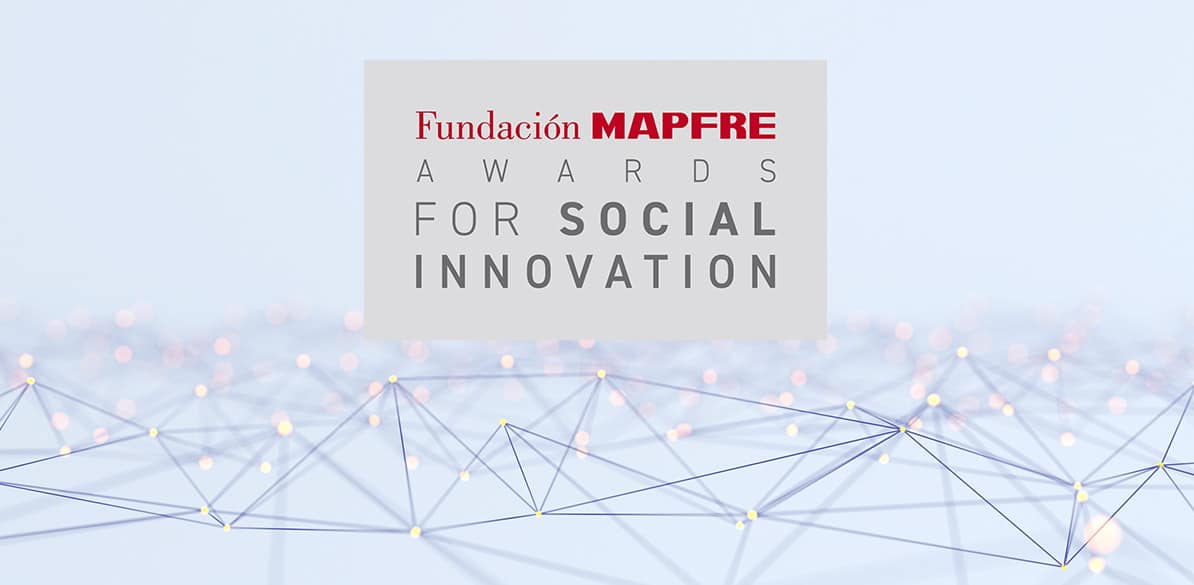
Well-being.
Demographic transformations.
Social inclusion.
Our Fundación MAPFRE Social Innovation Awards revolve around a single major challenge: to improve people’s quality of life and well-being. This has been our goal throughout eight editions, which have established this initiative as a benchmark in the global innovation ecosystem.
But today we look to the future, because the challenge continues, and to achieve even more, we want your contributions. We invite you to take part in this 9th edition, which we are organizing to promote proposals that focus on people and, due to their characteristics, address and improve specific aspects of many lives, thereby contributing to the progress of society.
If your initiative provides innovative solutions in well-being, social inclusion, or demographic transformation, we want to hear about it.
The geographical regions around which this 9th edition are structured are Brazil, the rest of Latin America, Europe and the United States. One finalist will be chosen from each region, and the four shortlisted finalists will travel to Madrid to take part in the Grand Final. Travel and accommodation expenses will be covered for three days in Madrid.
The winner of the challenge will receive €100,000 and the other three finalists will receive €10,000 each. In addition, all of them will have access to mentoring and coaching, international visibility, and they will become part of Red Innova, a global network of agents for change. On this adventure, we continue to count on the participation of IE University as our academic partner.
If you are ready to transform the world, this is your opportunity. Make your initiative part of the change!
If you would like to receive information about our awards, events and activities:
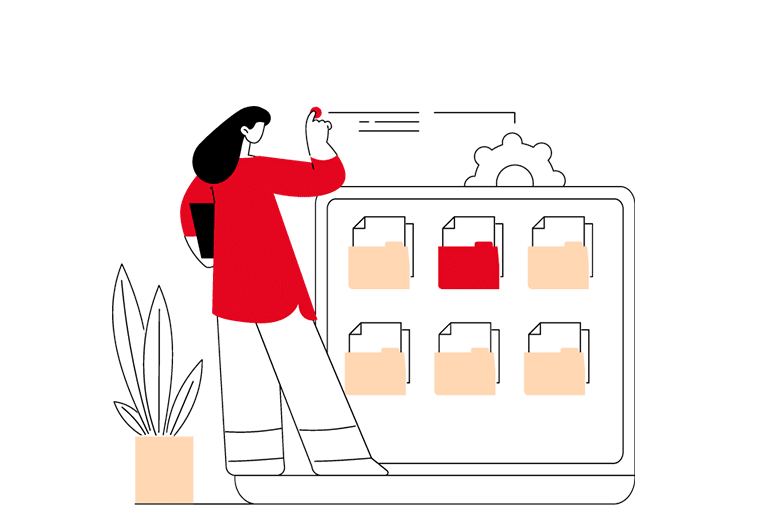
If you are considering applying, you can find all the details here. The terms and conditions set out the requirements that your proposal must meet and how the selection process will be conducted. Our awards apply the principles of transparency, rigor and equal opportunities.
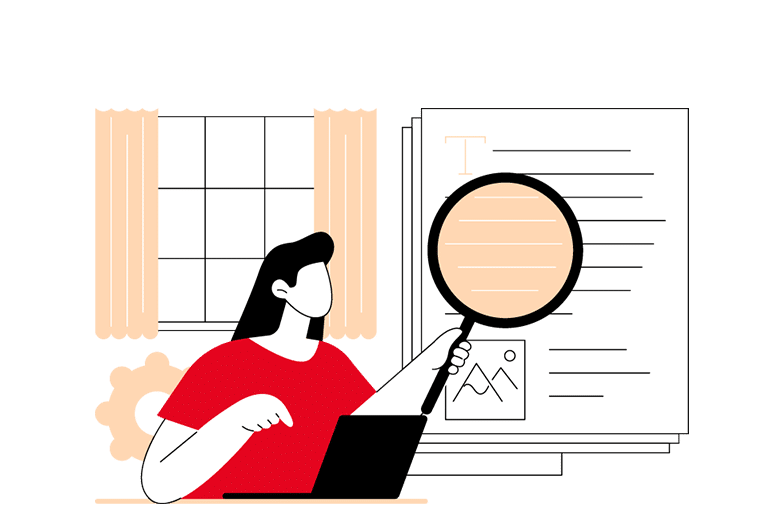
All of us help write the future. Social innovation unites technology with objectives that directly affect people’s well-being and improves their quality of life. To learn more about the areas we want to work on with you, click to keep on reading.
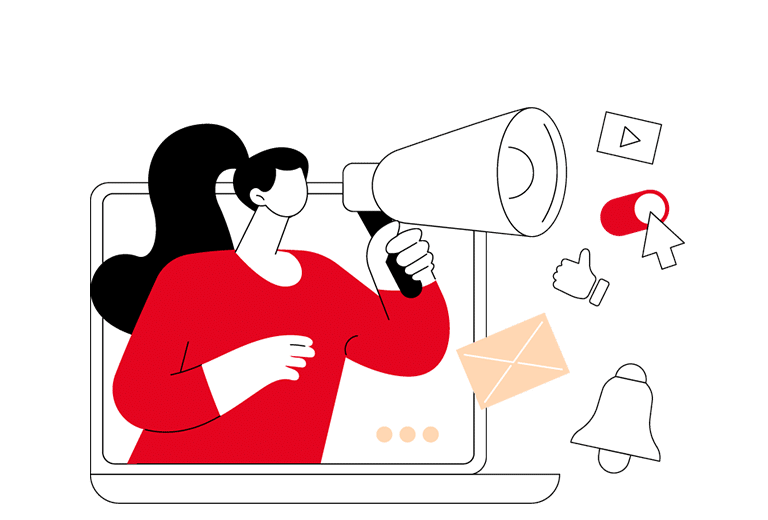
The social entrepreneurs of our awards remain connected through this “network of networks” which benefits from peer support and fosters the exchange of expert knowledge, thus contributing to the social innovation ecosystem and advocating a positive impact.
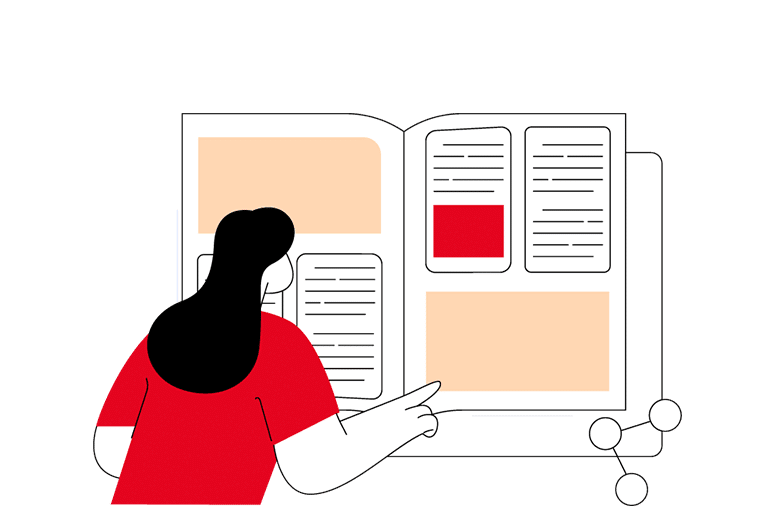
We are connected. Learn from others. We are social beings by nature and the difference lies in our ability to exchange ideas. In this section you will find relevant information to reflect upon, polish your project, discover who else may be working with similar objectives to yours and how that might affect you. Everything is on the move. Keep up to date.
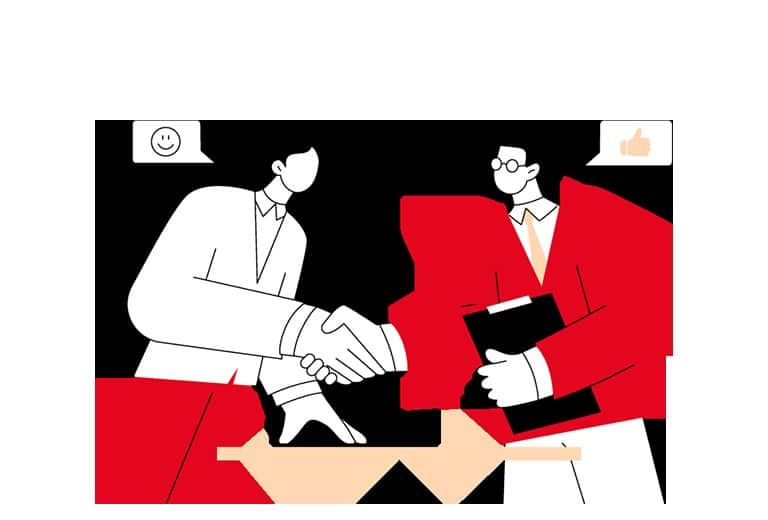
This adventure would not have been possible without the participation of organisations who share our ultimate goal of making this world a better place, and who agree that social innovation is an essential tool to achieve this.
